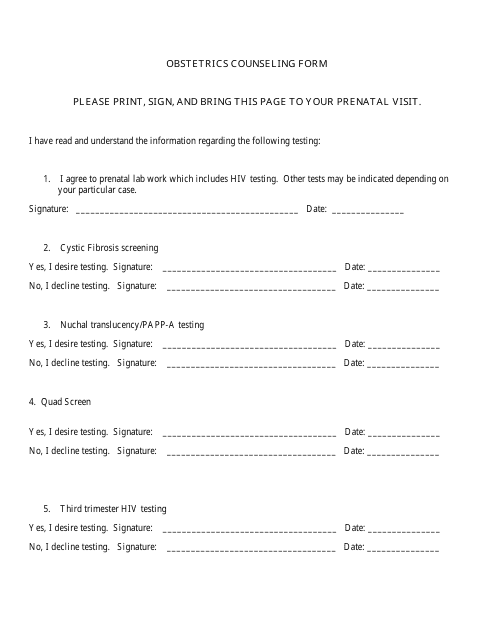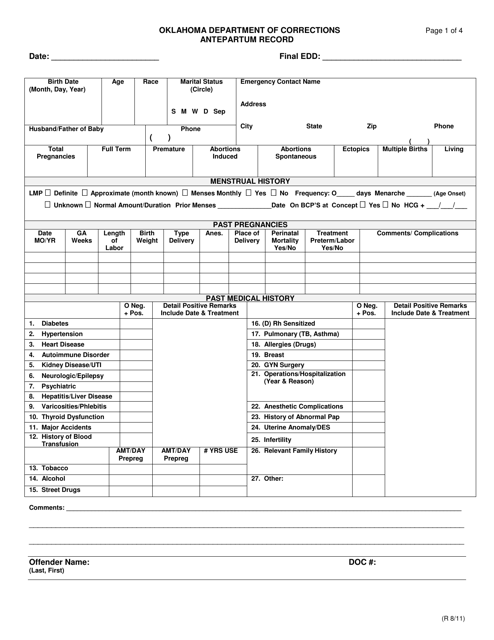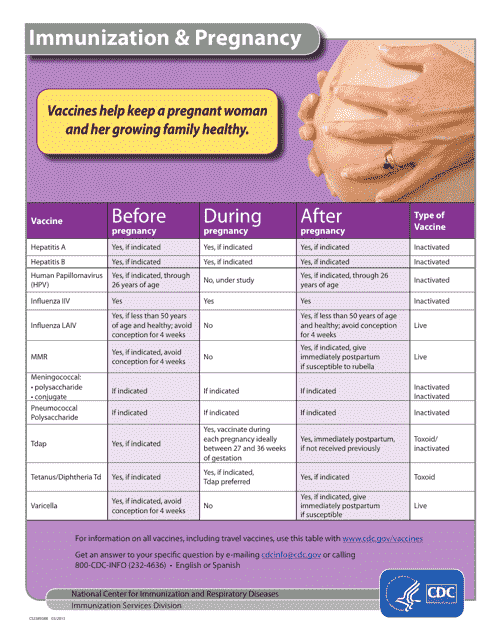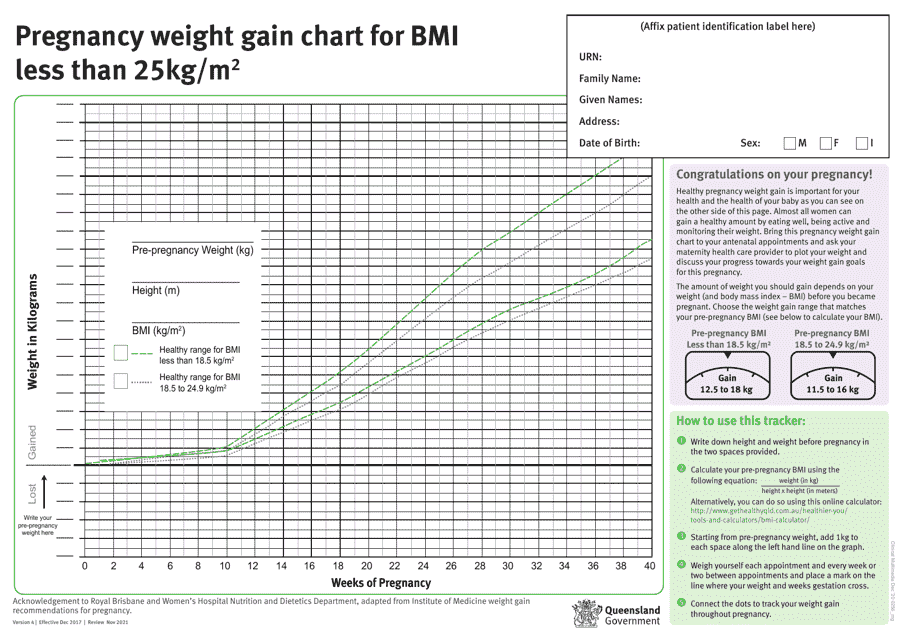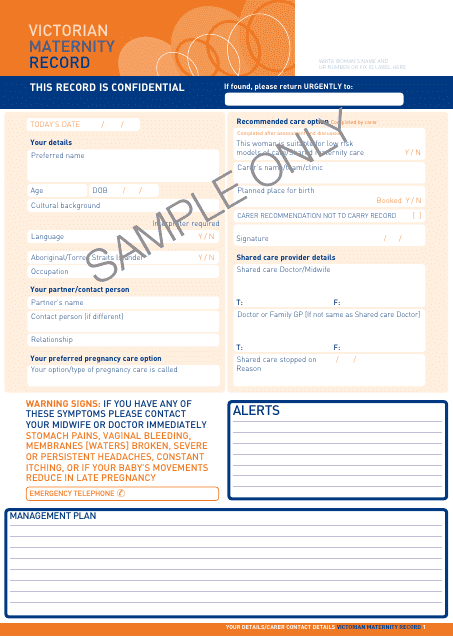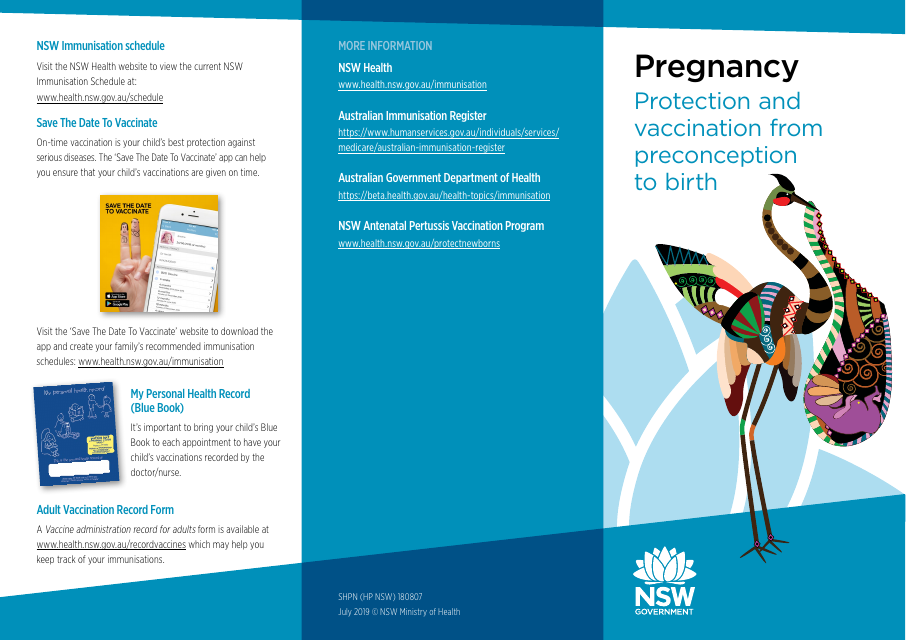Antenatal Care Templates
Antenatal care, also known as prenatal care, is an essential component of comprehensive healthcare for expectant mothers. This aspect of healthcare is dedicated to ensuring the well-being of both the mother and the unborn baby throughout pregnancy. Antenatal care encompasses a wide range of medical services, education, and support provided by healthcare professionals to pregnant women.
During antenatal care, healthcare providers monitor the progress of the pregnancy, assess the health of the mother and the fetus, and offer guidance on various aspects of pregnancy, including nutrition, exercise, and lifestyle choices. Regular check-ups allow healthcare professionals to detect any potential problems early on and provide appropriate interventions if necessary.
Antenatal care records, such as the Obstetrics Counseling Form and the Maternity Record, serve as invaluable tools for healthcare providers to document and track the progress of each pregnancy. These records contain vital information about the expectant mother's medical history, prenatal visits, and any interventions or treatments provided. They help ensure continuity and quality of care throughout the entire antenatal period.
In addition to the standard antenatal care documents, there are specific forms and charts designed to address unique healthcare needs. For example, the Pregnancy Immunization Schedule outlines recommended vaccinations for pregnant women, ensuring that both the mother and the fetus receive necessary protection against infectious diseases. Similarly, the Pregnancy Weight Gain Chart for BMI Less Than 25kg/M is a useful resource for healthcare professionals to monitor and manage healthy weight gain during pregnancy.
Whether referred to as antenatal care or prenatal care, the goal remains the same: to support the health and well-being of expectant mothers and their babies. By providing comprehensive healthcare services and education, antenatal care helps to ensure a safe and positive pregnancy experience.
Documents:
6
This form is used for counseling patients about obstetrics, including topics such as pregnancy, childbirth, and prenatal care.
This form is used for documenting the medical information of pregnant women in Oklahoma during the antepartum period. It includes details about the mother's medical history, physical examination, lab tests, and fetal assessment.
This document outlines the recommended schedule for immunizations during pregnancy to protect both the mother and the baby from certain diseases. It includes information on vaccines such as the flu shot and the Tdap vaccine. Following this schedule can help keep both mom and baby healthy.
This type of document provides a pregnancy weight gain chart for women with a BMI lower than 25kg/m in Queensland, Australia. It helps expectant mothers track their weight gain throughout pregnancy.
This document is typically used by expectant mothers and healthcare professionals for tracking the progress of a pregnancy. It includes information such as medical histories, prenatal checkup dates, and test results, ensuring proper prenatal care.
This document provides a detailed schedule for immunizations during pregnancy, designed and followed by health authorities in New South Wales, Australia to protect both mother and baby against various diseases.

